Most people would have heard of Google, primarily for searching for information on the World Wide Web (Web), a part of the Net (Internet), via Google Search. Some may know Google has some other interesting ways to search for other information, like locations via Google Maps (maps.google.com). But did you know there's more to this?
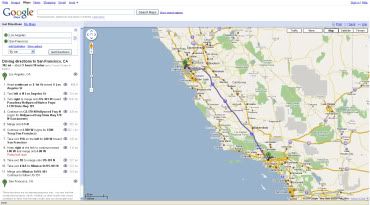
2D Web Google Maps (above) and 3D desktop Google Earth (below)
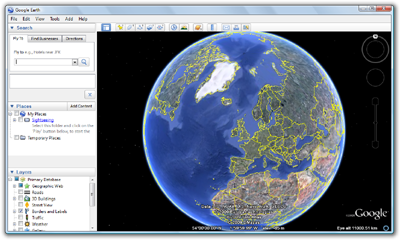
Google Earth (earth.google.com) is the desktop version of G-Maps, with the main difference being the program is in 3D while the Web version is in 2D.
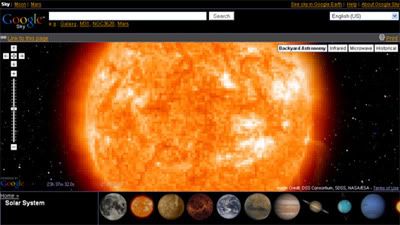
2D Web Google Sky (above) and 3D desktop Google Sky (below)
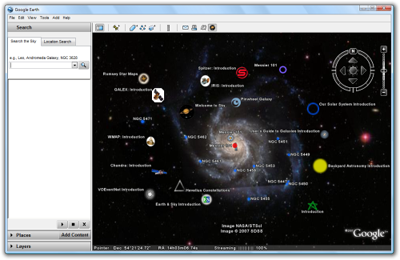
Did you know G-Earth also progressed from just searching the land to space as well? It was called Google Sky but it's actually a part of G-Earth. You can also use the 2D version via the Web at sky.google.com
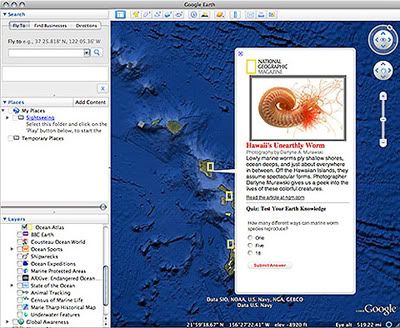
Then Google Ocean was added in G-Earth. However, unlike G-Sky, it's not available on the Web.
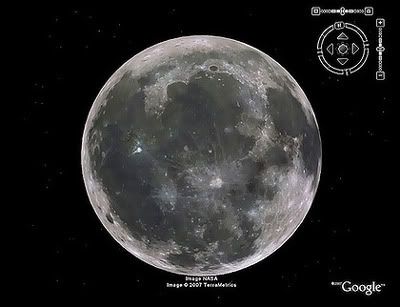
3D desktop Google Moon (above) and 2D Web Google Moon (below)
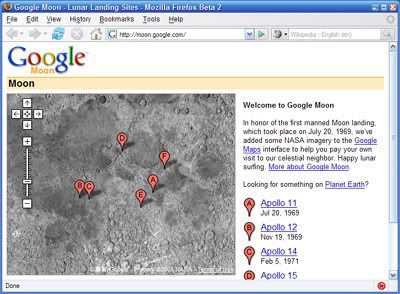
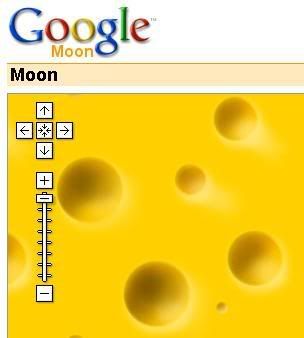
In the past, when you maximum zoom in 2D Web Google Moon, you'll see cheese, based after the phrase "The moon is made of cheese".
Now, there's Google Moon in G-Earth. Like G-Sky, G-Moon is also available on the Web in 2D at moon.google.com. There's also another nearby planetary body available from Google - Mars.
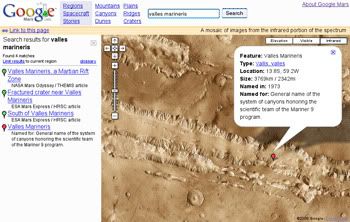
2D Web Google Mars (above) and 3D desktop Google Mars (below)
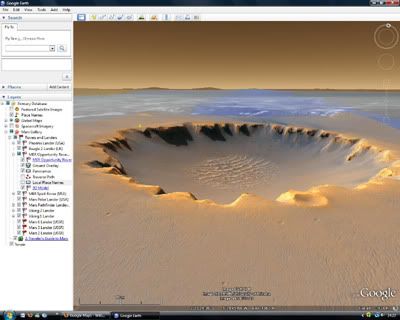
Google Mars is also incorporated into G-Earth, and you can also get it in 2D on the Web via mars.google.com

Venus is the same size as Earth, but it's too hot for life
So, will there be Google Venus at venus.google.com soon? Going by how Mars is heavily being explored as the next possible habitable planet after Earth, there's a chance Venus won't be mapped anytime soon in the near future.
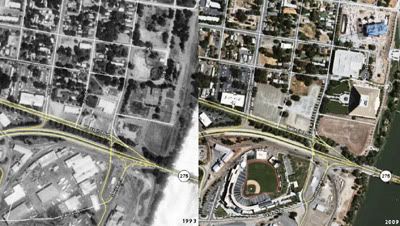
Past (left) and present (right) satellite images in Google Earth
Instead, there's a higher chance G-Earth will incorporate a Future Time Slider in the not so distant future to enable a Temporal Database of what you're looking at - be it G-Maps, G-Sky, G-Ocean, G-Moon, or G-Mars. With this, you'll not only be able to search for past information as you now can in G-Earth, but also future predictions based on historical and present information.

This was what Vinton G. Cerf (the Father of the Internet), the Vice President and Chief Internet Evangelist @ Google said during the 2008 WCIT (World Congress on Information Technology), held at KLCC (Kuala Lumpur City Centre) Convention Centre (KLCCCC or KLC4?). The WCIT is organised by the World Information Technology and Services Alliance (WITSA).
To get G-Earth (which comes with G-Sky, G-Ocean, G-Moon and G-Mars in the latest version 5), visit earth.google.com
images from Wikipedia
More Data?




















